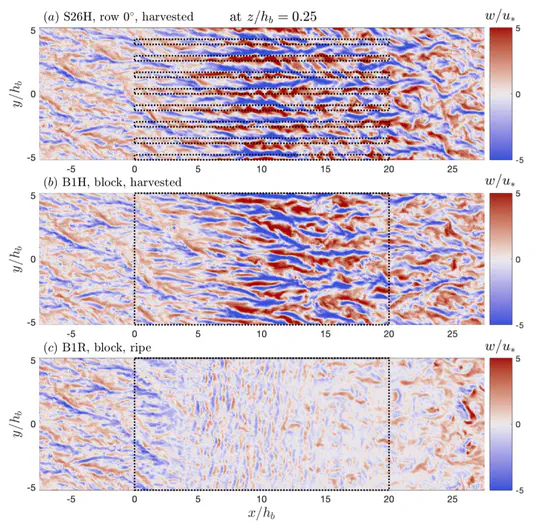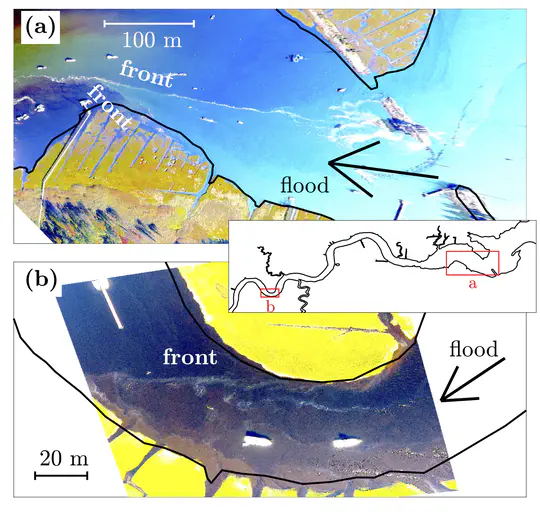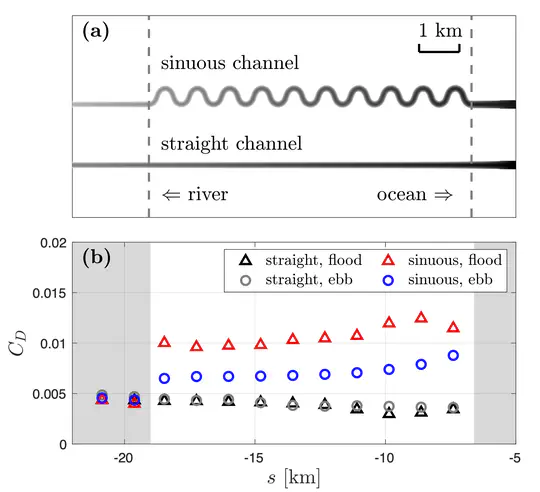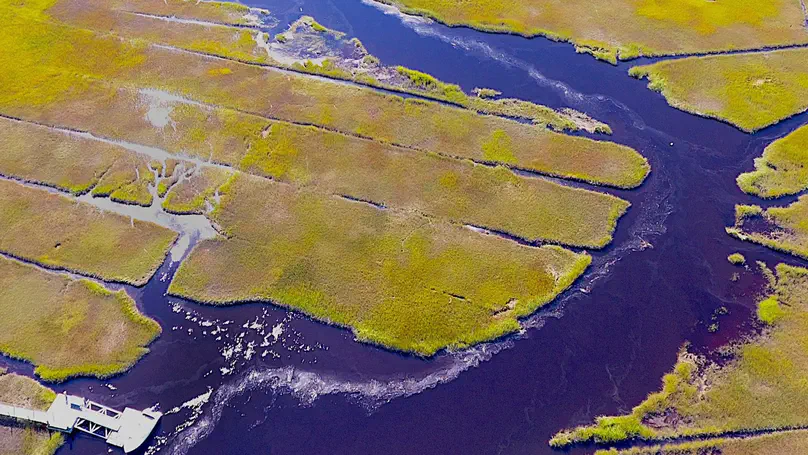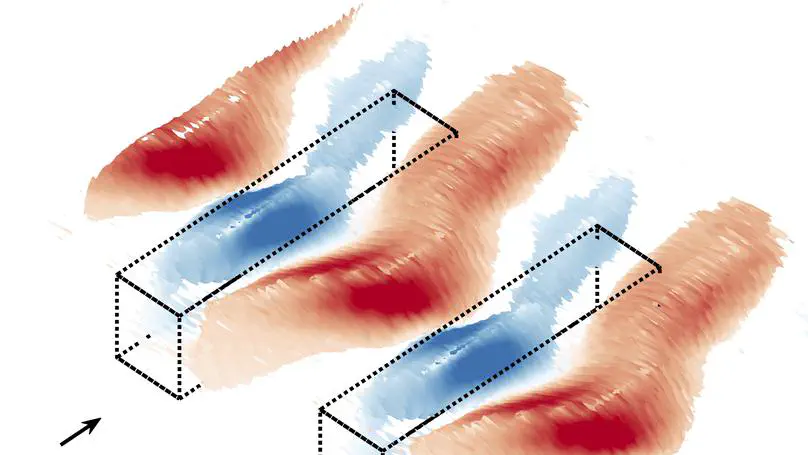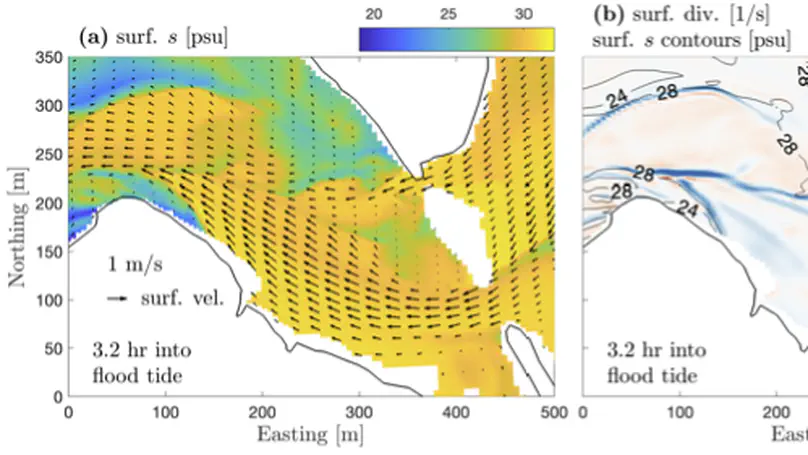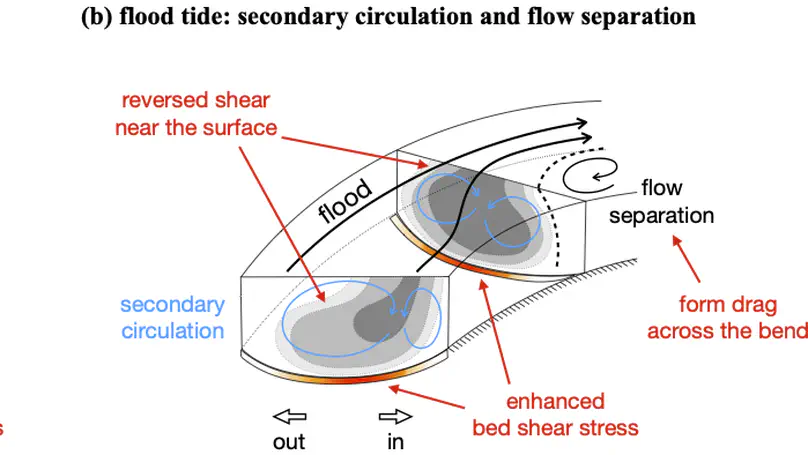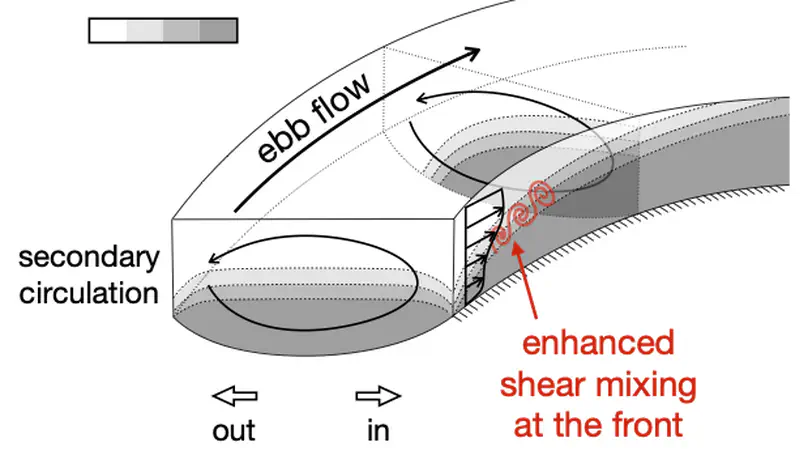About me
I am currently a Postdoctoral Scholar in the Atmospheric and Oceanic Sciences Department at UCLA, working with Profs. Marcelo Chamecki and Jim McWilliams.
Email: tbo@atmos.ucla.edu.
I study coastal and estuarine fluid dynamics using a combination of computational and observational methods. My research focuses on flow processes associated with complex roughness elements in the coastal ocean, including topographic and bathymetric features and vegetation. I aim to understand the impacts of these processes on oceanic boundary layer turbulence, salinity and temperature dynamics, and material transport, as well as their implications for the development of sustainable solutions.
- Coastal and Estuarine Dynamics
- Environmental Fluid Mechanics
- Physical Oceanography
Ph.D. in Civil and Environmental and Oceanographic Engineering, 2023
MIT – WHOI Joint Program
B.S. in Theoretical and Applied Mechanics, 2018
Peking University
